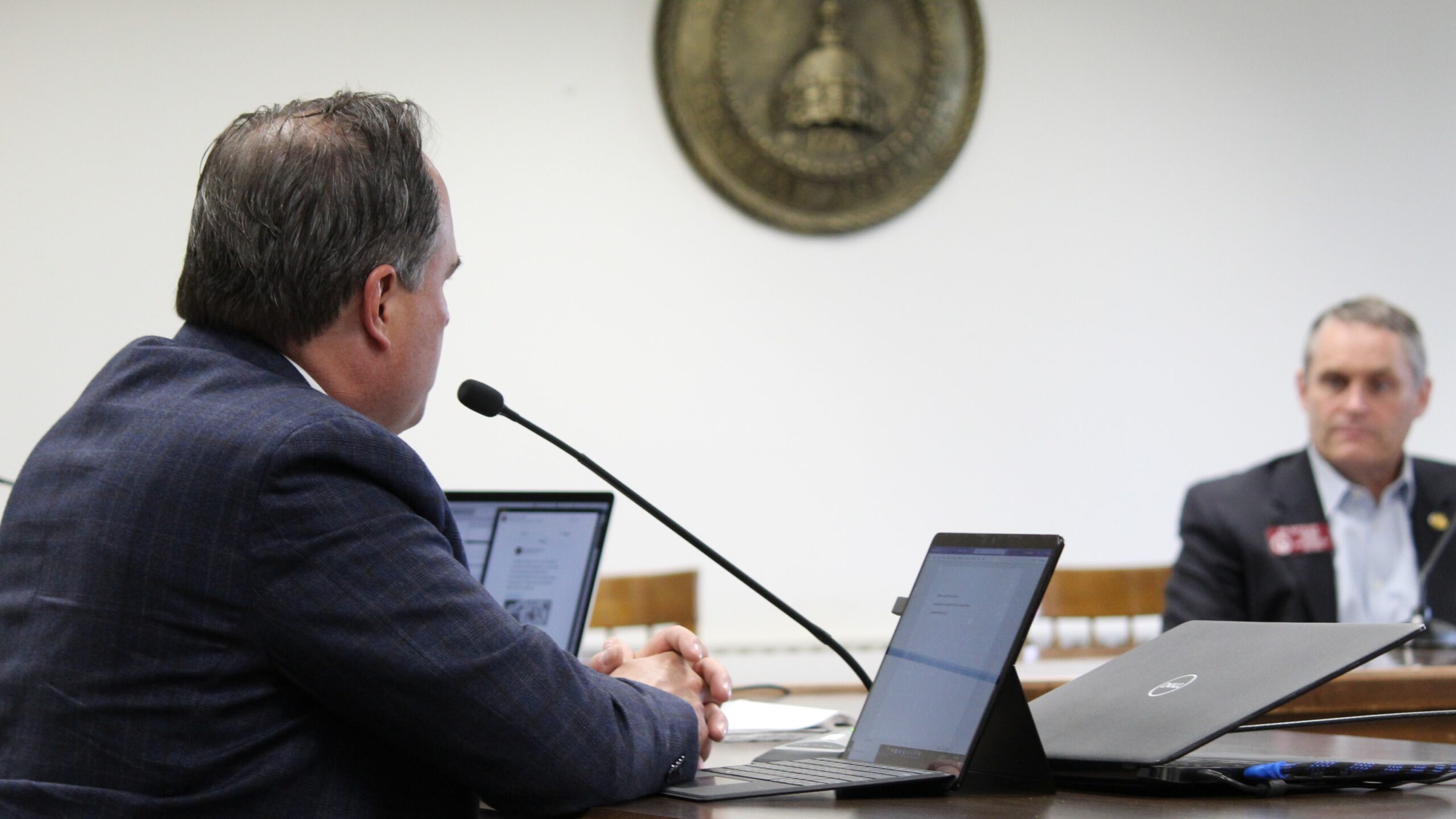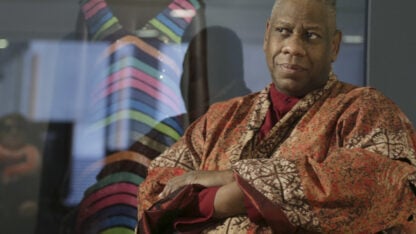A Georgia House committee on Thursday debated how much power social media companies should have to control content.
It comes as some Republicans – notably former President Donald Trump – have been banned for posting inflammatory statements.
There’s consensus among lawmakers that obscene posts or those that incite violence should not be allowed. But when it comes to opinions – such as the false claims by Trump and his supporters that the Georgia election was stolen – there is less clarity about where social media companies should draw the line.
James Taylor with the libertarian think-tank The Heartland Institute spoke before the House Science & Technology Committee. He says the First Amendment should be interpreted broadly.
“It’s more than simply a prohibition against government restricting our unalienable rights,” Taylor said. “It is an embodiment of our rights that cannot be taken away by any entity.”
Taylor says more than 30 states are considering legislation to address what he calls censorship by social media companies. He says some of those bills have been proposed by Democrats.
“When tech companies choose to become involved in the 21st century version of the public square and decide who or what points of view may be shared, I think that’s very troubling,” said Taylor.
Democratic Rep. Viola Davis says she values protecting free speech but also has concerns about the effects of hate speech and the incitement of violence.
“When do we cross that line? And when do we hold people accountable that cross that line?” asked Davis.
Democratic state Rep. Shea Roberts says “terms of use agreements” clearly spell out what social media companies can and can’t do.
“I don’t see how that’s different than other private companies making choices about how they want to run their business,” said Roberts.
She also says there are countless other social media platforms for people to use if they disagree with the rules set out by Facebook, Twitter and YouTube.
Rep. Chuck Martin, a Republican, says social media companies should not favor one political viewpoint over the other. But he also cautions about government getting involved.
“This is just something that one has to look and be very careful that there’s not an overstep and be very careful that we don’t express our subjectivity over the top of another set of subjectivity,” Martin said. “Because by doing that, we’re not making it any better, and we could actually be making it worse.”
The committee did not discuss or propose any specific pieces of legislation Thursday.
Chairman Ed Setzler, a Republican, says he plans more hearings before deciding how – or even if — state lawmakers have a role to play in regulating social media.
“We do well to define, ‘Is there a problem, what’s the nature of the problem, and if there is a problem, is it something the Legislature should address?’ Maybe we shouldn’t,” said Setzler.









